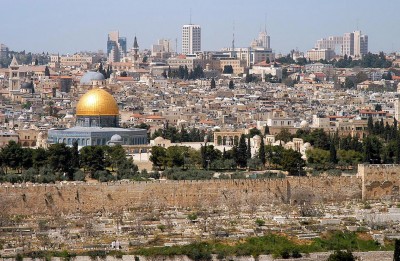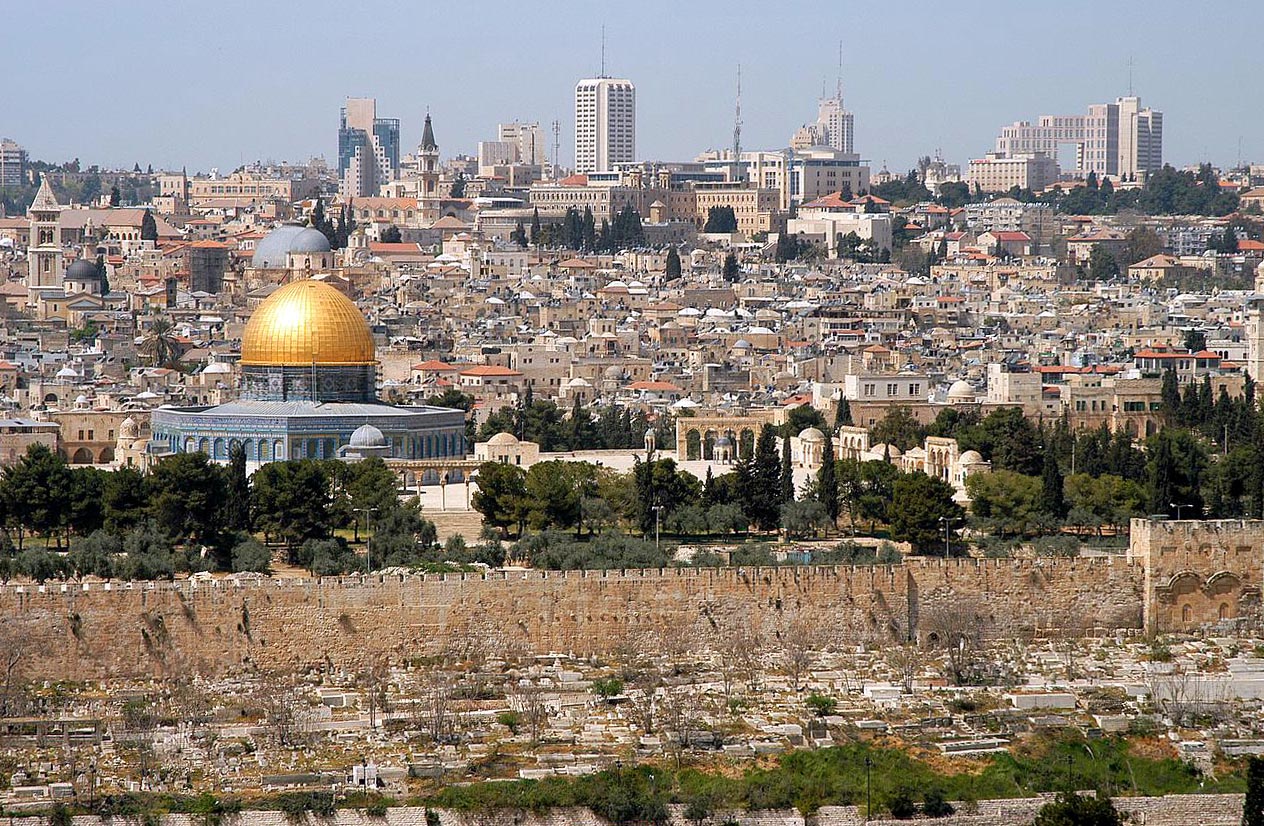
Last week, two Palestinian cousins, armed with a meat cleaver and a gun, attacked worshipers at Kehilat B’nei Torah synagogue in Har Nof, Jerusalem, killing four Israelis. This is the most devastating attack Jerusalem has seen since 2008 and it is now, more than ever, imperative that people start thinking about the religious and cultural ties that Israeli Jews and Palestinian Muslims hold to Jerusalem. This is a multi-layered and highly political issue; one with many different aspects woven into the explosive history of a place. This is why we need to examine this issue from the perspective of resolving conflict between groups of people struggling to coexist around a city so essential to their religious and ethnic identities
In such a controversial conflict, people all over the world feel a need to take sides. I’m not sure why this specific conflict creates such polarization, maybe it’s because of the inherent inflammatory tension that religious conflict carries on its back. But whatever the reason may be, my experience is that it is extremely difficult to feel like everyone has a voice whenever Israel and Palestine comes up in conversation or debate. This is an issue that seems to leave little room for compromise.
So here is my contribution to the debate: Let us make some room for voices of reconciliation. It should be evident that we cannot begin talking about resolutions without first fostering reconciliation. This is an issue that has and probably will continue to pose an unsolvable problem, especially if we look at it from the perspective of determining who rightly deserves the land. Alternating periods of warfare and tension laden cease-fires create a never-ending cycle of ill will between these two groups, and both sides have extremely valid reasons for their deep and uncompromising ties to this part of the world.
According to Ghada Hashem Talhami in his essay The Modern History of Islamic Jerusalem, “Jerusalem became irrefutably holy to Muslims as the place from which…Muhammad rose to heaven… Physical space associated with a divine revelation becomes a religious trust and the occupants its guardians.” It would be very hard to contest that statement. In the same way, Hillel Fendel and Chaim Silberstein in their article “To Whom Does Jerusalem Belong?” say, “Jerusalem has been central to Judaism and the Jewish nation for some four millennia, ever since Avraham nearly sacrificed his son Yitzchak on Mt. Moriah… Ever since then, Jerusalem has been the center of our national and spiritual existence.” This as well would be hard to truly refute. The reality is that these two groups, who both feel they have suffered persecution and oppression, are passionate about upholding a lasting identity, and this land is deeply connected to that. This is the root of a real human commonality between Israelis and Palestinians.
So delegating which religious group gets which parts of the land will not solve the problem, and can only result in making one or both groups feel more victimized than they already do. This continuous victimization of the historical ‘Other’ is actually the heart of the entire conflict. We have a situation where two oppressed religious groups are pitted against each other for the ownership of land that represents a central part of their religious identities. It shouldn’t be a surprise that eruptions of violence are a regular occurrence, and more importantly, the world needs to realize that, at this point, reconciliation is the only way this conflict could begin to be solved.
In an article from Insight on Conflict about the Parent Circle-Families Forum, an organization that facilitates reconciliation between Palestinian and Israeli families, Vanessa Thevathasan speaks well about the roots of religious and cultural conflict, saying, ”Conflict, by its nature, heightens perceptions of the ‘Other,’ conveniently splitting communities across artificially constructed binaries of ‘Us’ and ‘Them’ disassociation. This develops into a legitimizing tool for the revenge, hostility, prejudice and discrimination of a particular group.” Israelis and Palestinians need to shift their focus and work on coming together to share their stories, converse face-to-face about what is really important to them. For Israeli Jews, many of whom are absolutely traumatized by missiles being fired into civilian territory, there is a prominent fear of Palestinian led violence. Palestinians are, in the same way, traumatized by the war in Gaza and the occupation of the West Bank. It is evident that these two groups are primarily scared and demoralized by endless reoccurring violence. Creating dialogues of reconciliation would help both Israelis and Palestinians see each other as humans, and they might even realize that they aren’t so different from one another.
It is important that Israelis and Palestinians work on breaking down walls that create the ‘Us and Them’ mentality, and instead foster a sense of compassion for the human commonalities they share. There needs to be reconciliation before this issue can ever be resolved. It would help them see each other as people who are suffering and that, more than anything, could pave the path to compromise in the future.
Hannah Monius is a student at the College of the Atlantic in Maine.

